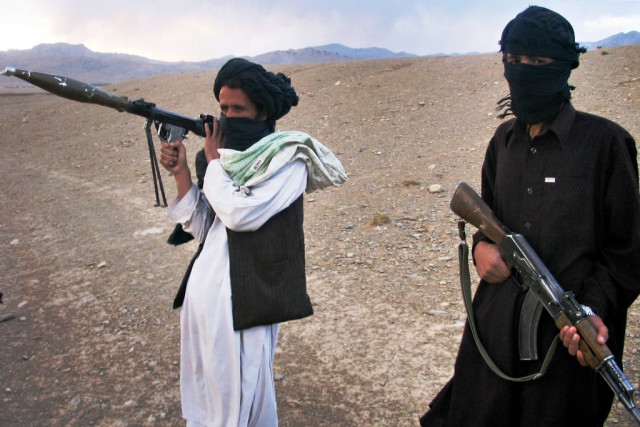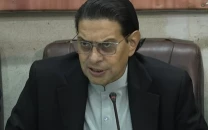Afghan endgame: Pakistan, US agree on ‘blueprint’
US delegation crafts framework for reconciliation.

The Afghan endgame took the centre stage during extensive talks between the US and Pakistan during US Secretary of State Hillary Clinton’s visit to Islamabad last week.
As a result of those marathon discussions, both Pakistani and US officials have now disclosed that the two countries agreed on a “blueprint” that seeks a peaceful end to the decade-old war in Afghanistan.
Secretary Clinton led an unprecedented high-powered delegation, including the American military and intelligence chiefs, but her discussions with Pakistan’s top civil and military leadership were not, it seems, confined to bilateral relations or a plan on how to deal with the Haqqani network.
“You can say it is a breakthrough as we have agreed on a broader framework and a concept of reconciliation for Afghanistan,” said a senior Pakistani official, who asked not to be identified. A US diplomat also confirmed the development.
The Pakistani official said the two sides will now work out details such as clearly defining the role of those countries involved in the reconciliation process in Afghanistan.
Pakistan, he said, was ready to use its contacts with the Afghan Taliban to bring them to the negotiating table with the US, but would not become a guarantor of the process. “The US is willing to agree on things which we have been telling them for months,” he added.
The move is also an acknowledgement that Pakistan cannot be bypassed in such matters related to Afghanistan, he pointed out. In the past Pakistan has voiced concerns over attempts by the US as well as Afghanistan to keep Islamabad at bay over their peace overtures with the Taliban.
Despite an agreement in principle on the way forward for Afghanistan, there seem to be certain issues on which the two countries have yet to come up with a common strategy.
For example, Pakistan insists on a ceasefire in Afghanistan as a first step to enter meaningful negotiations with the Taliban, while the US appears to want to fight and talk simultaneously.
“We’re obviously working with the Afghans to fight those who will not reconcile, but we also must have a track for talking to those who are willing to come in off the battlefield within the parameters that we and the Afghans have set and that we have supported,” said a senior State Department official. “So I don’t think there’s any different disagreement between us, that we have to fight and squeeze even as we talk,” he added.
Islamabad is also opposed to the idea of attaching preconditions such as renouncing violence and accepting the Afghan constitution for talks with the Taliban.
On the question of the Haqqani network, a Pakistani official said the US still has reservations and will continue to apply pressure. “They want us to take certain actions to dismantle their (the Haqqani’s) ability and capability to target US forces in Afghanistan.”
Published in The Express Tribune, October 24th, 2011.



















COMMENTS
Comments are moderated and generally will be posted if they are on-topic and not abusive.
For more information, please see our Comments FAQ